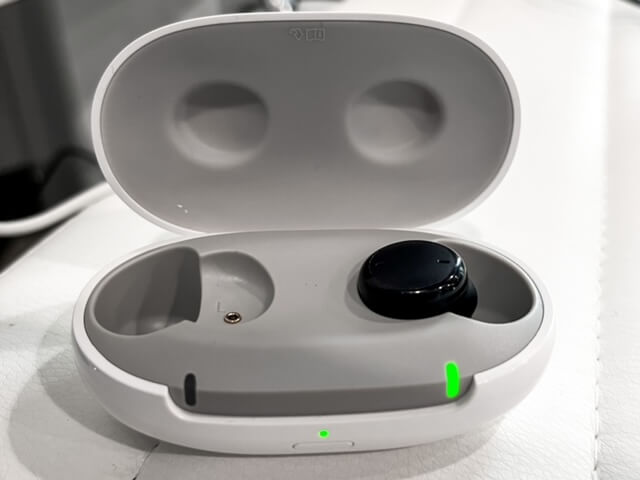“Reducing America’s health care costs has been a priority for me since Day One, and this rule will help us to achieve quality, affordable care access for millions of Americans in need,” Health and Human Services Secretary Xavier Becerra shared in the FDA press release. “Today’s FDA action is a significant milestone in making hearing devices more affordable and accessible.”
Today’s action is in response to President Biden’s Executive Order on Promoting American Competition. The new ruling takes effect in 60 days, allowing consumers to shop for hearing aids without an exam or prescription by mid-October. The final rule gives manufacturers of hearing aids that were sold before the effective date of the final ruling 240 days to comply with the revised or new requirements. Hearing aids must comply with the revised or new requirements before they can be sold and receive 510(k) clearance, if applicable.
Nearly 30 million Americans could benefit from hearing aids and yet, according to data from the National Health Interview Survey, only one-third of hearing-impaired adults have worn one. One factor that holds people back is cost and accessibility which is why this ruling is intended to encourage competition and facilitate sales of OTC hearing aids in traditional retail outlets nationwide. This will allow consumers with mild to moderate hearing loss to have better access to hearing aids that are more affordable than the current alternatives which range from $2,000-$8,000/pair when purchasing from an audiologist.
Robert M. Califf, M.D., FDA Commissioner, said that hearing loss is a serious public health problem that impacts the communication skills of millions of Americans in daily social interactions. “The establishment of this new regulatory category will enable people with mild-to-moderate hearing loss to easily access a wide range of affordable, safe, and effective hearing aids in their local store or online.”
This final rule establishes the OTC category for certain air-conduction hearing instruments intended for persons aged 18 and over with mild to moderate hearing impairment. Alternatively, prescription devices are hearing aids that don’t meet the OTC requirements (e.g., they are intended for severe hearing impairment and users younger than 18).
This FDA move comes after years of federal efforts to remove obstacles between patients and over-the-counter hearing aids. The President’s Council of Advisors on Science and Technology, under Barack Obama, recommended that the FDA create a new “basic” category of hearing aids that could not require a prescription or doctor’s visit. The Over-the-Counter Hearing Aid Act of 2017 was signed by President Donald Trump two years later. This gave the FDA three additional years to adopt the new rules.
Although the FDA missed the 2020 deadline, President Biden increased pressure by signing an executive order in July 2021 that established a November deadline for the Federal Agency to submit a new rule.
After receiving more than 1000 public comments regarding the Oct. 20, 2021, proposed rule, the FDA approved the rule. The final rule includes the FDA’s responses to the comments submitted by the FDA, consumers, manufacturers of hearing aids, advocacy groups, state agencies, members of Congress, and other stakeholders. The final rule includes several changes to the proposed rule to improve the safety and effectiveness of OTC-brand hearing aids. In addition, the final rule includes OTC hearing aid-specific performance specifications and design requirements.
This action also amends existing rules that apply to prescription hearing aids that conform with the OTC category. In addition, it repeals the conditions of sale for hearing aids and addresses some of the FDA OTC hearing-aid regulations that affect state regulation.
Do you want to cite this page? Use our ready-made cite template.
